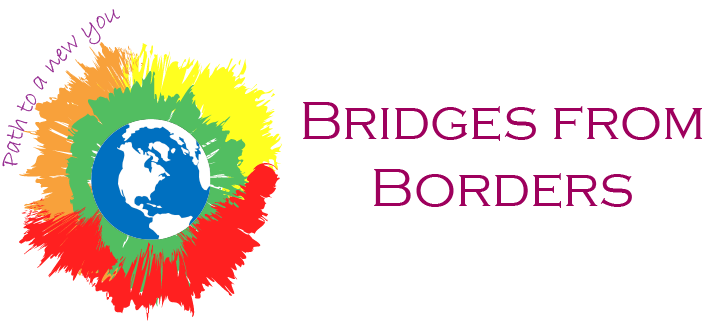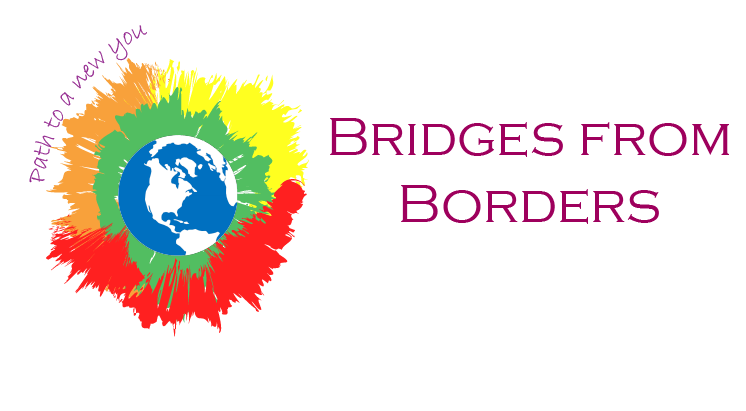Mental Health Ambassador Program
AWARENESS. INCLUSION. ACCESS.
The aim of the Mental Health Ambassador program is to provide a platform for high school students of bi-cultural and/or, immigrant family backgrounds OR students who are passionate about multicultural issues to bring awareness to mental health issues among immigrant communities. We hope that by starting a culture of conversation about mental health, we can reduce the stigma of mental health struggles and create a receptive community towards mental health.
ELIGIBILITY
- High School (Grades 8 - 12) students or College students (up to age 20) within the Western New York region. Students between Grades 6-7 will be reviewed on a case-by-case basis. A full year (2 semesters) of commitment is required.
- Bi-cultural and/or immigrant family background OR students who are passionate about multicultural issues.
- Time commitment, strong organizational and communication skills.
- Ability to work well and be respectful while working with a diverse group of individuals.
- Displays a high level of responsibility, maturity and empathy.
- Motivated towards change for the current mental health situation and an interest in mental health issues.
TIMELINE OF PROGRAM
After being selected for the program, Mental Health Ambassadors (MHAs), will first attend a compulsory orientation meeting*. MHAs will then complete a series of training sessions and the “Talk and Listen” assignment.
Ambassadors have the chance to explore BFB's existing Youth Empowerment Programs or develop a new initiative. All new initiatives will go through BFB's Youth Empowerment New Initiative Process. New initiatives will involve identifying a problem area/issue in their community that they are passionate about and would like to address. BFB hopes to equip youth with the tools to develop and implement solutions to these challenges, driving real and lasting change in their communities and beyond.
*All training programs will be held online.
If you would like to apply to become a mentor, click here.
WHAT YOU WILL GAIN
- Minimum 40 volunteer hours and a certificate.
- MHAs Certificate from Bridges from Borders.
- Fund for your program's further development if your program brings a significant impact to the community.
- Be knowledgeable and comfortable when speaking to others about mental health and wellness issues.
- Leadership experience and opportunities to participate and/or initiate community-wide programs.
- Public Speaking skills and opportunities.
- A community of like-minded youths from similar backgrounds to you but may have had very different life experiences.
- Professional References and experiences valuable for college applications.
TRAINING TOPICS
Mandated Topics:
- Introduction and Supporting Resources.
- Diversity, Inclusion, and Equity with a focus on intersectionality.
- Communication skills and Assertiveness.
- Healthy Relationships.
- Assignment: Talk and Listen
Some optional Topics:
- Managing Screen Time.
- Stress Management and Resiliency.
- Depression and Anxiety Reduction strategies.
- Eating Disorders.
- Healthy Self-Esteem.
- Mind and Body Balance.


